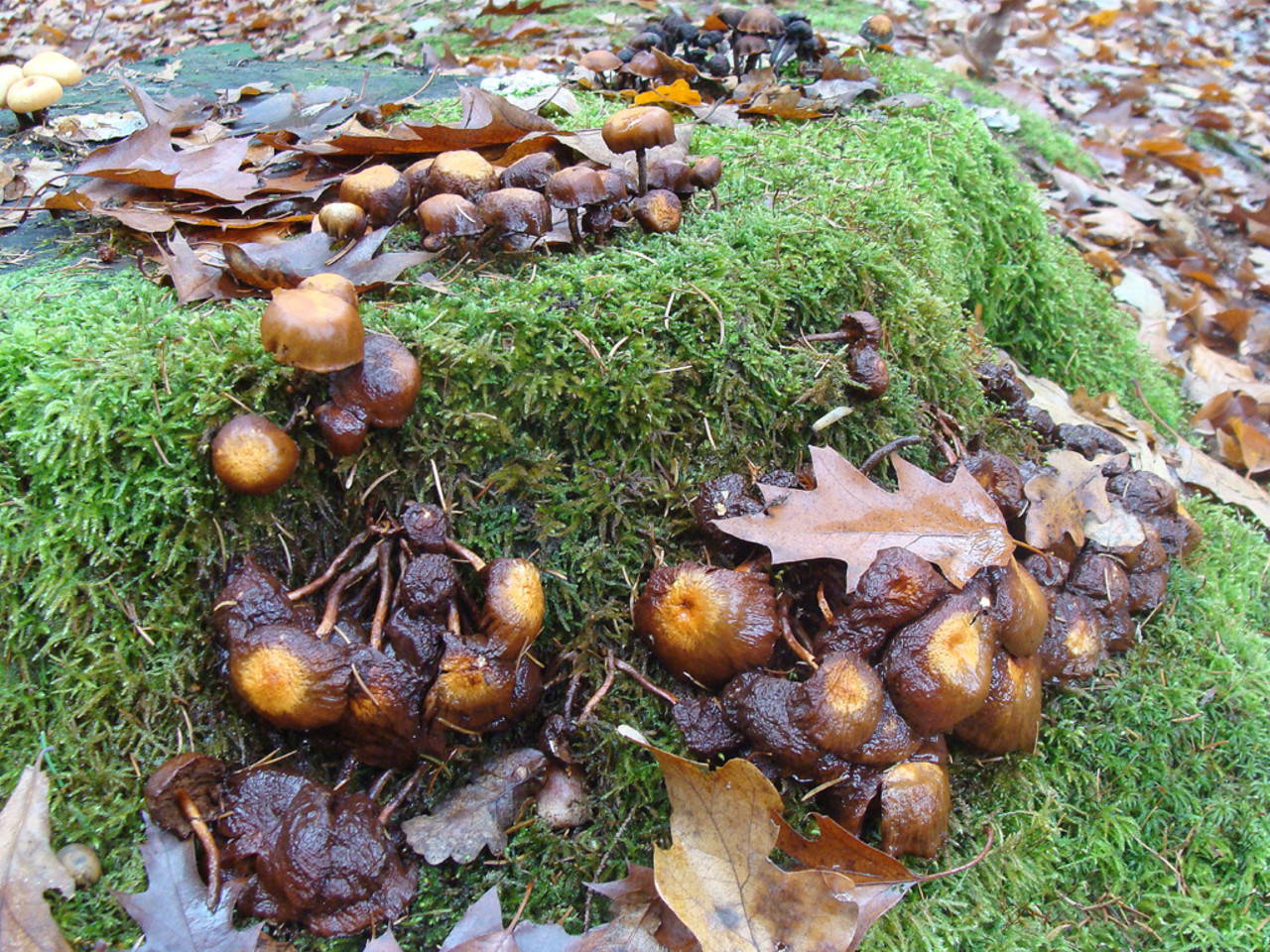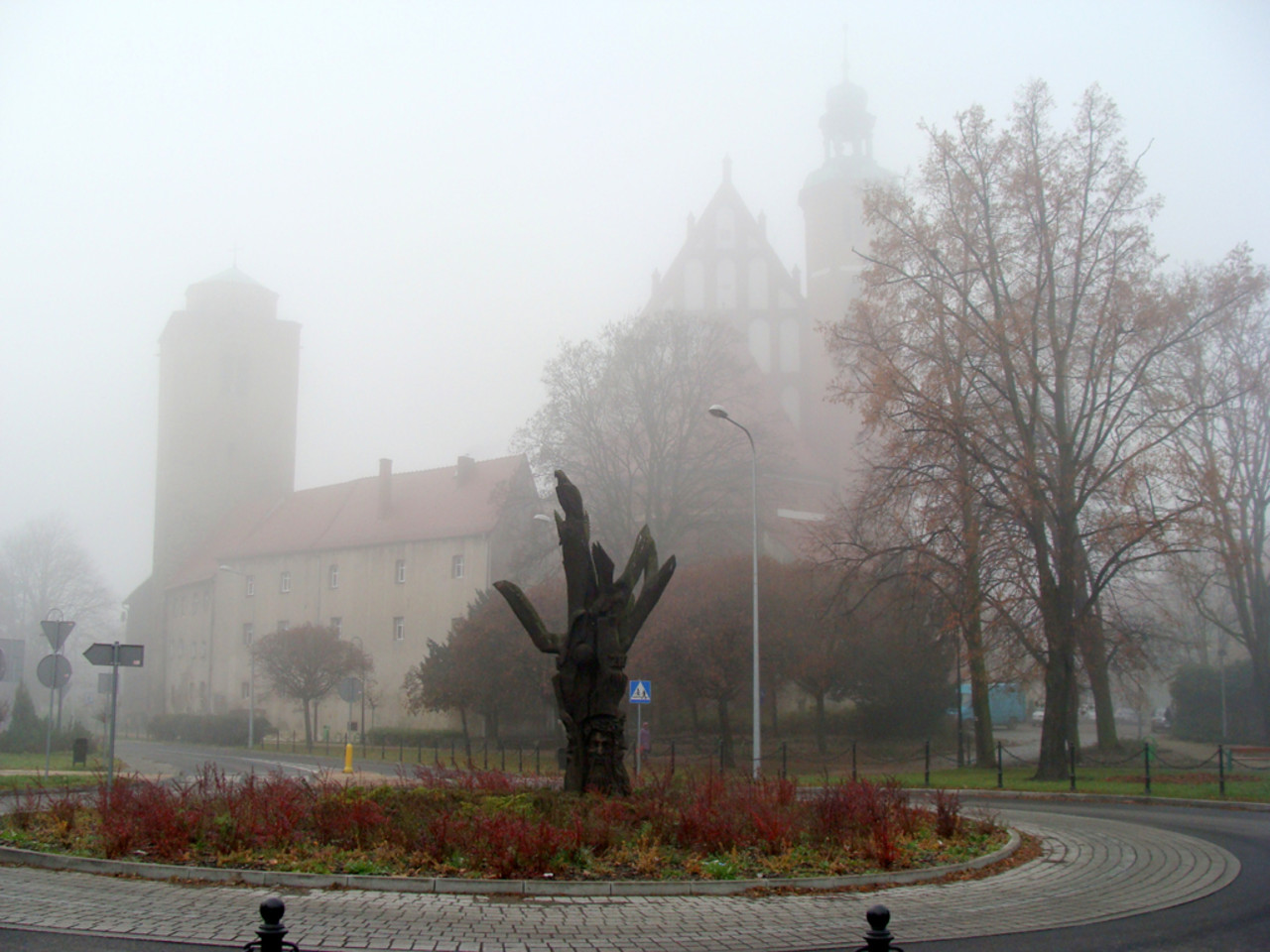Wine Tasting
Wine Tasting
Do you drink all of the wine at a wine tasting?
At a wine tasting, the aim is to expertise a variety of wines rather than to eat massive portions.
Understanding Wine Tastings
Typically, participants pattern small pours from each wine, permitting for a comparability of flavors, aromas, and textures.
Spitting vs. Swallowing
Many seasoned tasters choose to spit the wine after taking a sip. This apply helps them to take care of their palate and avoid intoxication whereas still having fun with the tasting expertise.
Enjoying the Experience
Ultimately, it’s about savoring the moment and discovering new favorites quite than consuming each drop. So, no, you do not drink all of the wine at a wine tasting!
Do you actually drink the wine at a wine tasting?
Yes, at a wine tasting, members typically drink the wine. The experience lets you discover various flavors and aromas, serving to to identify different characteristics of each wine.
However, not everyone finishes each sample. Some tasters prefer to spit out the wine after tasting it to keep away from turning into inebriated, especially when sampling many various wines in a single session. This technique allows for a more targeted tasting expertise without the consequences of alcohol affecting one's palate.
Ultimately, whether or not to drink or spit depends on private preference and the format of the tasting.

Why is wine tasting so difficult?
Wine tasting is usually perceived as a challenging endeavor for a quantity of reasons:
- Sensory Overload: The complexity of wine comes from its varied aromas and flavors, which could be overwhelming for newbies. Each wine can have quite a few notes, 부달주소 starting from fruity to earthy.
- Vocabulary Barrier: Wine tasting entails a specific lexicon that can be intimidating. Terms like "tannins," "physique," and "end" require some familiarity to accurately describe what one is experiencing.
- Variability: Wines can differ considerably as a result of components like grape selection, local weather, and winemaking techniques. This variability could make comparisons difficult and lead to subjective interpretations.
- Personal Preference: Individual palates are unique, which means what one person enjoys might not appeal to a different. This subjectivity can complicate the tasting process.
- Environmental Influences: The setting by which wine is tasted, together with temper, firm, and even meals pairings, can affect one’s notion of flavors.
In conclusion, while wine tasting may be tough, it is also a rewarding expertise that can be enhanced with apply and training.

